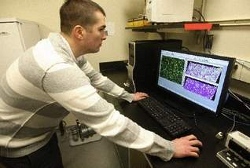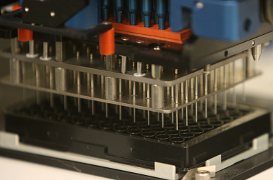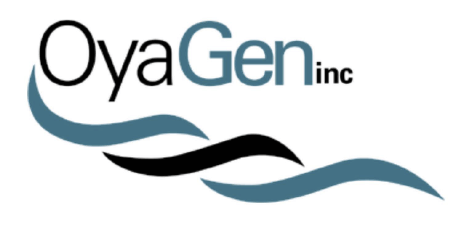OyaGen News
Will health reform be shot in arm for biotech firms?
Tom Tobin – Staff writer, Rochester Democrat and Chronicle
April 2, 2010
On the surface — if a 1,000-page bill can be said to have a surface —the new health care legislation is about expanded coverage, new insurance mandates and deficit-neutral spending.

But in the cavernous depths of the bill are details — new taxes, tax credits, grants, pilot programs — whose impact on business communities like Rochester’s is potentially vital and to this point largely a mystery.
Technology transfer officers at the University of Rochester, executives at private venture capital firms like Pittsford’s Trillium Group LLC and economic development firms like Greater Rochester Enterprise are scouring the legislation for signs that the local biotechnology sector will benefit, suffer or, most unlikely, be unaffected.
“At first blush, you’d think that adding 32 million new customers, the number of uninsured Americans to get coverage eventually, will mean greater business opportunities for those making medical devices or those working on innovative approaches,” said GRE president Mark Peterson. “But the fact is, at this point we really don’t know how this will all filter down to communities like ours. The upside is that we have a strong health care community. How well-positioned we are to capitalize, we’ll know more as time goes on.”

In interviews with local health care and university officials, most said the bill appears to present both pluses and minuses for innovative health technology.
The pluses are greater for early-stage health entrepreneurs, those looking for a funding break to help finance clinical trials or develop a prototype device.
According to the Biotechnology Industry Organization, a trade group for startups like those that emerge from UR and Rochester Institute of Technology, the legislation contains the Therapeutic Discovery Project Tax Credit. It is meant to offset expenses related to getting started on commercialization, such as hiring researchers, setting up clinical studies, moving ideas out of the laboratory
.
The 50 percent credit covers biotechnology investments by small and mid-sized companies, those with fewer than 250 employees, in 2009 and 2010. Basically, an investment of $1 million will bring a credit of $500,000 for qualified companies. And if the company or entity has no tax liability — scientists with an idea and no business yet — it can still receive funding equivalent to a 50 percent tax credit.

Who qualifies and who doesn’t are among the details still to be learned. But a Henrietta company like OyaGen Inc., which is on the cutting edge of finding more effective drug interventions for the HIV virus, might benefit directly.
“We’re at the point of pre-clinical trials, so we’re aware of how the bill might help us,” said Thomas Fitzgerald, CEO of OyaGen. The company, a spinoff from the University of Rochester, has been trying for several years to obtain the millions needed to complete the trials and obtain the necessary government approvals.
Fitzgerald said that the company has benefitted from grants from the federal government, including the National Institutes of Health, and the state. But more support is needed.
“We’re parsing the health reform bill to see what kind of help is there for us,” Fitzgerald said.
On the minus side of the ledger, the legislation eventually will raise more than $2 billion a year via an excise tax on medical devices.
The tax is a 2.3 percent levy on sales from a long list of medical devices, including bedpans, tongue depressors and other items commonly found in a hospital. The final bill exempts retail products such as eyeglasses and hearing aids.
Proponents of the legislation said that medical companies would profit enormously from the addition of millions to the ranks of the insured, and that they should help pay the cost of the federal changes. The tax is intended to hit large firms, not small biotech companies.
But, local officials said, taxes levied on large companies could depress their research and development needs, which could affect local companies that rely on doing business with large firms. Whether the new law will have that impact is one of those questions still to be answered.
“The jury is still out on much of this,” said Dennis DeLeo, general partner of Trillium. “Upstate New York still needs more private capital. That hasn’t changed.”
Reprinted courtesy of the Democrat and Chronicle….photo credits: Jamie Germano, Democrat & Chronicle